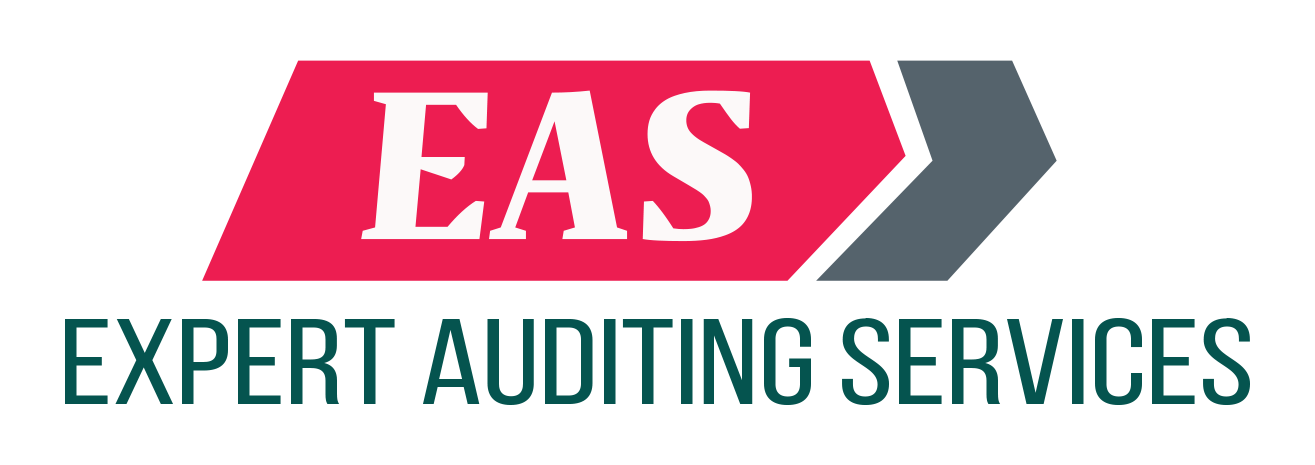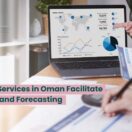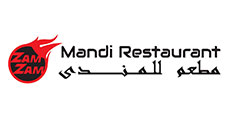Audit quality is the cornerstone of business integrity, providing a foundation upon which trust and reliability are built. High-quality audits ensure that financial statements are accurate and transparent, reflecting a company’s true financial position. This transparency is crucial not only for regulatory compliance but also for fostering a culture of accountability within the organization.
The presence of reputable audit firms in Oman underscores the significance of this quality. These firms employ rigorous methodologies and adhere to stringent standards to deliver audits that stakeholders can rely upon. By ensuring the accuracy of financial reporting, audit firms in Oman play a pivotal role in maintaining the region’s economic stability and growth. The meticulous processes adopted by these firms mitigate the risk of financial misstatements, thereby protecting the interests of investors, employees, and the public.
How Technology Can Improve the Quality of Audits
In the modern era, technology has become an indispensable ally in the quest for superior audit quality. The integration of advanced technologies such as artificial intelligence (AI), machine learning, and data analytics has revolutionized the auditing process. These tools enhance the efficiency, accuracy, and scope of audits, enabling auditors to delve deeper into financial records and uncover anomalies that might otherwise go unnoticed.
Audit firms in Oman are at the forefront of this technological evolution. By leveraging cutting-edge software and analytical tools, they can perform more comprehensive audits with increased speed and precision. This technological prowess not only elevates the quality of audits but also allows firms to provide more insightful recommendations to their clients. As a result, businesses can make informed decisions that drive sustainable growth and profitability.
Moreover, the use of blockchain technology in auditing has introduced a new level of transparency and security. Blockchain’s immutable ledger ensures that all transactions are recorded accurately and cannot be tampered with, further enhancing the credibility of the audit process. As audit firms in Oman continue to adopt these innovations, they set a benchmark for audit quality that can inspire other regions.
The Impact of High-Quality Audits on Stakeholder Confidence
Stakeholder confidence is the lifeblood of any thriving business. High-quality audits play a crucial role in bolstering this confidence by assuring that a company’s financial statements are free from material misstatement. Investors, creditors, and other stakeholders rely heavily on these audits to make informed decisions.
For businesses in Oman, partnering with reputable audit firms is a testament to their commitment to transparency and excellence. When stakeholders see that a company engages with a top-tier audit firm, their confidence in the company’s governance and financial health is significantly enhanced. This confidence translates into tangible benefits, such as increased investment, favourable credit terms, and a stronger reputation in the market.
Furthermore, high-quality audits help identify areas where businesses can improve their operations and financial management. This proactive approach not only addresses potential issues before they escalate but also demonstrates to stakeholders that the company is dedicated to continuous improvement and long-term success. In a competitive business environment, this level of diligence can be a decisive factor in attracting and retaining stakeholders.
Challenges and Solutions in Maintaining Audit Quality
Despite the advancements and benefits, maintaining high audit quality is not without its challenges. One of the primary obstacles is the ever-evolving regulatory landscape. Compliance with international standards and local regulations requires audit firms to update their knowledge and practices constantly. This dynamic environment necessitates ongoing training and development for auditors to ensure they remain proficient and informed.
Audit firms in Oman navigate these challenges through robust training programs and a commitment to professional development. By investing in their teams’ expertise, these firms ensure that their auditors are well-equipped to handle the complexities of modern auditing. Additionally, collaboration with international audit networks provides access to global best practices and resources, further enhancing audit quality.
Another challenge is the potential for conflicts of interest, which can compromise the objectivity of an audit. To address this, audit firms in Oman implement strict independence policies and ethical guidelines. These measures ensure that auditors maintain impartiality and integrity throughout the audit process.
Lastly, the rapid pace of technological change presents both opportunities and challenges. While technology can enhance audit quality, it also requires significant investment and adaptation. Audit firms must balance the adoption of new technologies with the need to maintain robust and secure audit processes. In Oman, audit firms achieve this balance by carefully selecting and integrating technologies that align with their strategic goals and client needs.
In conclusion, the importance of audit quality in today’s business environment cannot be overstated. It is the bedrock upon which trust, transparency, and stakeholder confidence are built. As audit firms in Oman continue to lead the way in adopting advanced technologies and best practices, they not only elevate the standards of auditing but also contribute to the overall health and stability of the business landscape.











